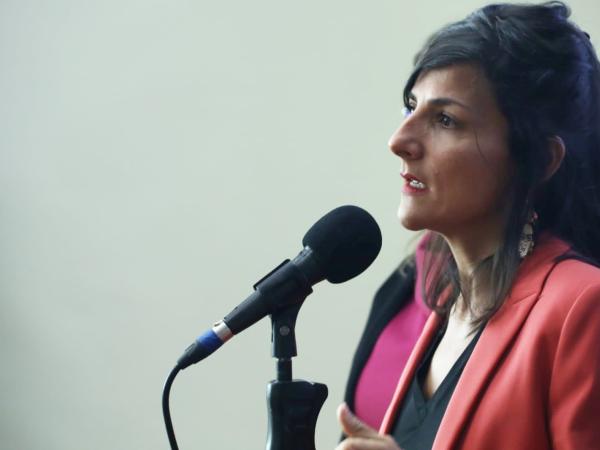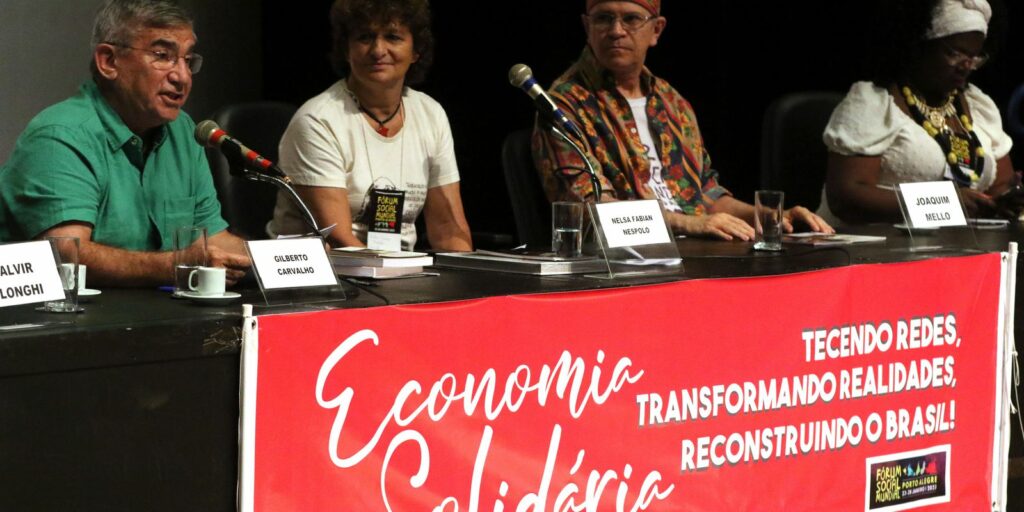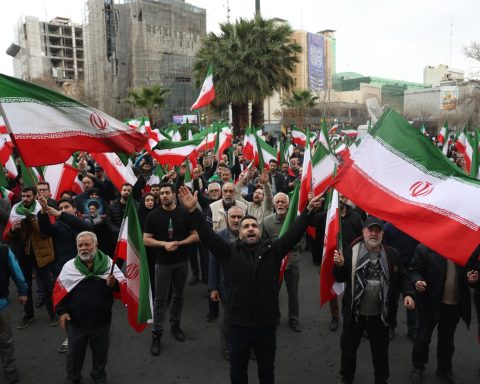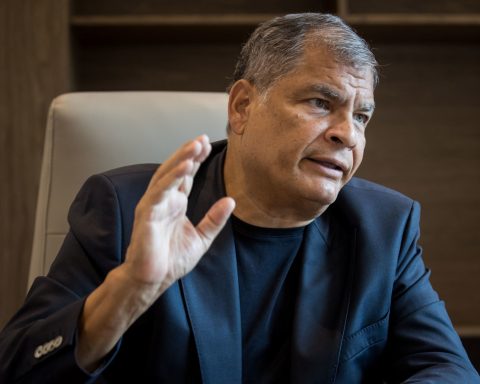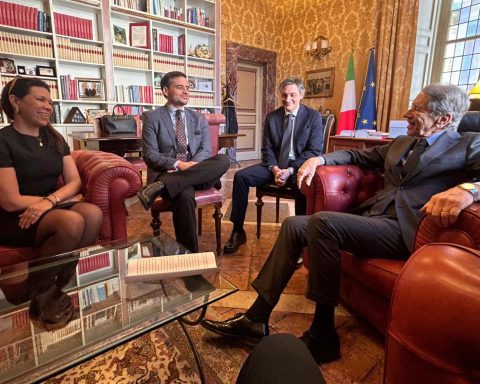The strong controversy that exists within the Ministry of Mines and Energy, due to the oil and gas resources and reserves documentwhich was only known by the Vice Minister of Energy, Belizza Ruiz via Twitter on the day of the motion of no confidence of the holder of this portfolio, Irene Velezhas a complex background that broke out months ago.
(Minister Irene Vélez ratifies controversial report on gas resources).
Although Minister Vélez Torres said this Wednesday at a press conference that her still Vice Minister of Energy, at the cut off on January 25, had not expressed any objection to the public document -which has no bibliographic reference-, she did not respond to questions from journalists about whether Ruiz had indeed known the details of the text that was under construction before publishing it and whether he had been able to make comments or adjustments.
Sources familiar with the rarefied environment and work climate that exists within the Ministry, explained that, although Last year Ruiz attended the steering committees that are held every Monday at the entitythe issue of the disputed diagnosis was never addressed in this instance.
(Entities attached to Minminas ask to accept the resignation of vice minister).
According to the information obtained by Portafolio, the increasingly strong friction between Ruiz and Vélez began when the process was brought forward to seek the reduction of energy rates, which had a strong rise last year, an issue on which the Minister Vélez Torres sought to adopt strong measures to seek a significant drop, but that went beyond the current regulation.
However, one of the key moments that marked Velez’s decision, to marginalize Ruiz from all activities related to the powers of the Vice Ministry, occurred, according to the sources, when Belizza Ruiz criticized the roadmap document for the energy transition, prepared by the adviser Alexander Gómez, who no longer provides his services to the entity.
(This is how Irene Vélez responded to her vice minister before a controversial report).
Regarding this document, which the administration of Minister Vélez contracted despite the fact that the government of Iván Duque, headed by former Minister Diego Mesa, advanced with renowned advisers for almost four years on the subject, Vice Minister Ruiz made several objections.
The questions had to do with technical aspects of how, when and above all, where the resources would come from to leverage the energy transition roadmap, Petro government version.
Minister Irene Vélez requested the resignation of the Vice Minister of Energy, Belizza Ruiz.
@MinEnergiaCo
From that moment, according to the sources, Minister Velez made the decision to work directly on the issues of the Vice Ministry with advisors who report directly to her, such as John Londoño and Leonardo Rojas, who were in charge of drafting the controversial document that today they question experts in the oil industry, such as the former director of the National Hydrocarbons Agency (ANH), Armando Zamora.
A decision that, according to people consultedthe institutionality is skippedsince they would be usurping the functions not only of the Vice Ministry of Energy (which handles hydrocarbons and energy issues), but also those of the Vice Ministry of Mines.
(Minister of Mines opens and closes the door to new oil exploration).
“That’s her style. If you’re not with me, I sink you.” affirmed a consulted source who requested that his name be reserved, who also revealed that in the recent government tour in the World Economic Forum in Davos (Switzerland), Minister Irene Vélez entrusted the portfolio to the director of the Mining and Energy Planning Unit (Upme), Carlos Adrián Correa, instead of making the delegation to the Vice Minister of Mines, Giovanni Franco Sepúlveda, as normally corresponds.
And the sources point out that the directors of entities such as Upme or the National Geological Service still leave aside their technical criteria to abide by what the Minister tells them.
OMAR GERARDO AHUMADA ROJAS
BRIEFCASE
